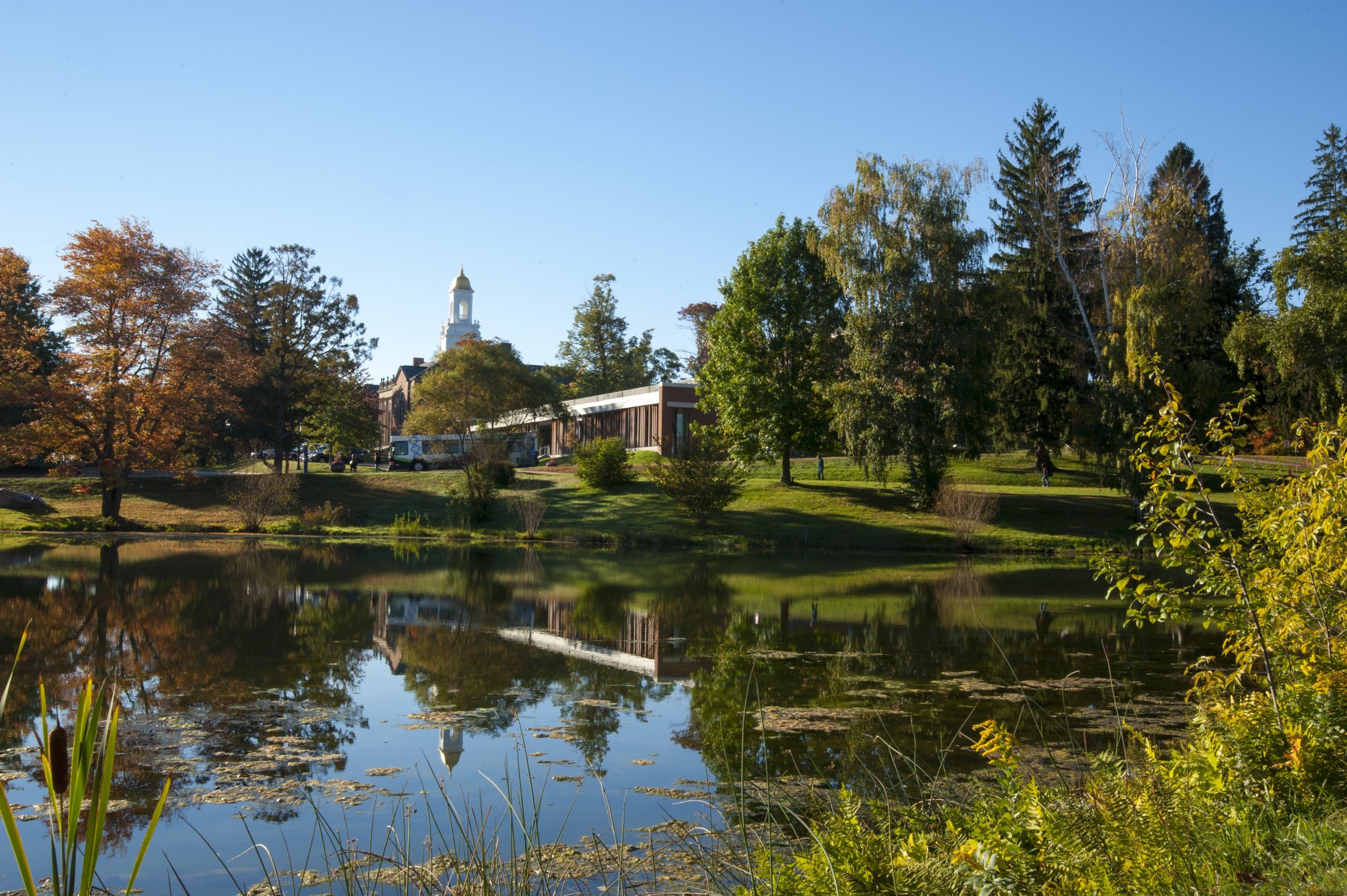Physical therapy is a personal kind of work. Physical therapists (PTs) use hands-on techniques, exercises, stretches and equipment to help patients improve or restore their mobility and reduce or manage pain caused by injury, illness and chronic conditions. PTs can treat people of all ages and backgrounds in a number of settings, including hospitals, care facilities and medical offices. They often spend more time working directly with patients than many other medical professionals. The one-on-one nature and proximity of interactions means that PTs need to foster communication and trust to ensure the best health outcomes for their patients.
In the Doctor of Physical Therapy (DPT) Program in the Department of Kinesiology, clinical education is paramount. Supervised rotations expose students to different work settings and patient conditions. This helps students integrate and expand knowledge learned in the classroom. PTs also draw from their own experiences to build relationships with a diverse patient population. Many students in UConn’s DPT Program have valuable perspectives from life and work that are helping them hone their skills as they pursue a career in rehabilitative care.
A number of non-traditional students have found a home in UConn’s DPT Program. Returning to school after time spent starting families and following other career paths, these future practitioners have discovered a passion for helping others strengthen their physical abilities.


